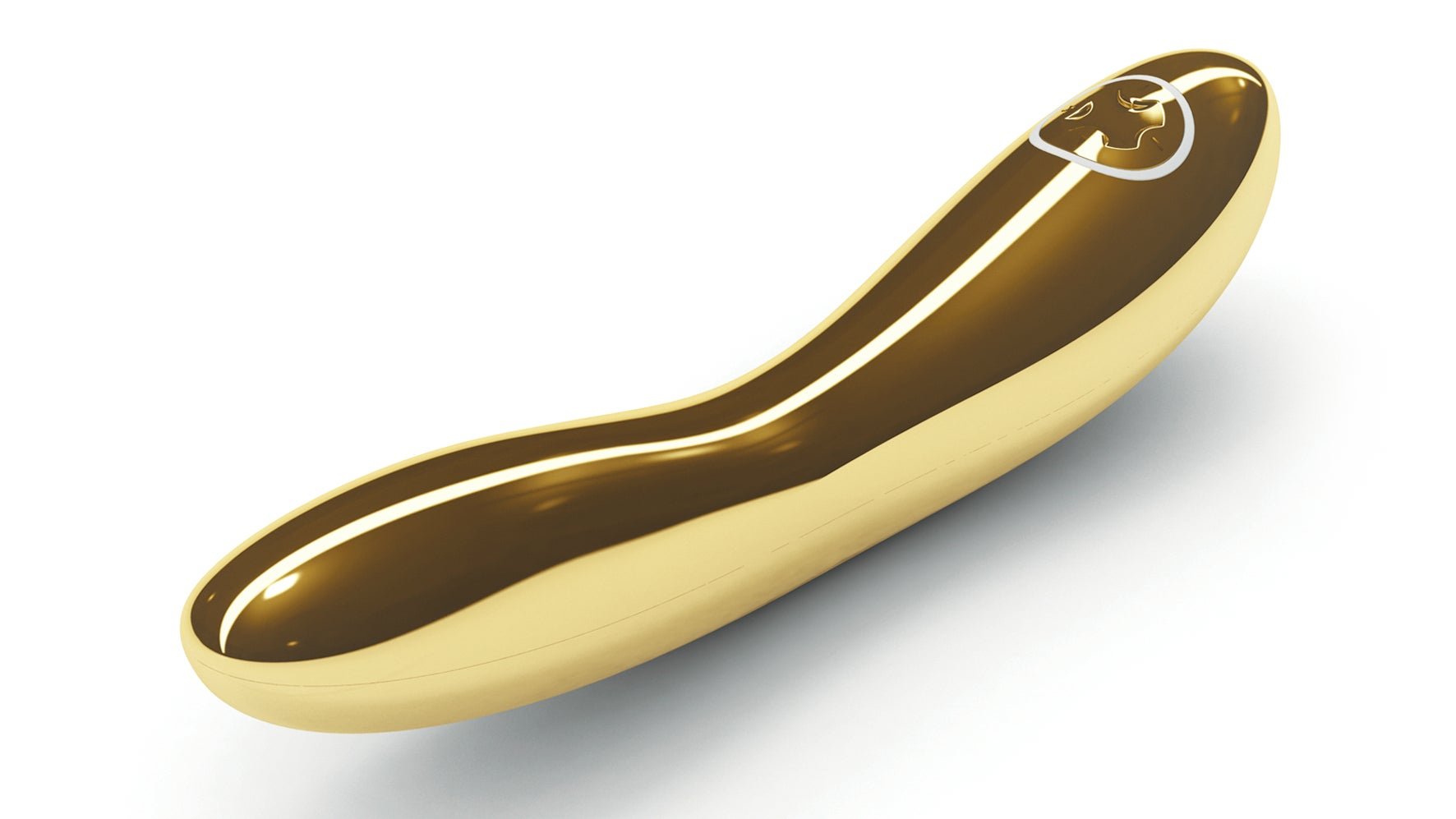In the wellness era, sexual pleasure products are self-care tools
After decades of being relegated to the back aisles of drug stores and seedy storefronts, sex products from lube to vibrators are getting a much-needed rebranding. And the companies that make them are doing it—like many other industries—by aligning with the wellness industry.


After decades of being relegated to the back aisles of drug stores and seedy storefronts, sex products from lube to vibrators are getting a much-needed rebranding. And the companies that make them are doing it—like many other industries—by aligning with the wellness industry.
The Goop sex shop, for instance, sells a selection of pastel-colored vibrators and sterling silver sex props (cuffs, massage rings, feather ticklers) that double as actual jewelry (alongside more dubious items like $900 benwa balls). Meanwhile, “clean” skincare brands such as Nécessaire use the same ingredients—touted as natural and pH-optimized—for their lubes as they do for their body lotions.
Intimacy companies are adopting an Instagram-friendly aesthetic for their websites and using streamlined, inviting design for their products: Brands like Lelo and Smilemakers have replaced the garish, gelatinous sex toys of back-alley sex stores with a palette of pretty, tasteful vibrators.
The 2018 Global Wellness Summit Report found that “sexual pleasure brands are strongly aligning themselves with wellness,”as Refinery29 first reported. And data from the market research firm Technavio suggests the “sexual wellness industry” will be worth $32 billion in 2019.
While there has always been a demand for sex products—the market was estimated at $15 billion in 2016—rebranding for wellness allows sex products to align with the ethos of self-care that underpins the wellness industry. Of course plenty of stigma still exists around sexuality and female sexual desire, as the Wellness Institute writes in its report, but the industry seems to have found an entrance into the mainstream, via wellness, to aid its destigmatization.
It makes sense that the sex product industry is joining marijuana, wearables, and other industries on the wellness bandwagon. Indeed, per to the Global Wellness Institute, the wellness industry grew into a $4.2 trillion market in 2017, up 12.8% from $3.7 trillion in 2015.
And while it’s worth noting that much of the wellness industry, at its core, remains focused on weight loss, its recent foray into sex products is arguably quite body-positive. As the sex historian Hallie Lieberman wrote for Quartzy:
The fact that so many sex accouterments are sold in disguise demonstrates the shame we feel around sexual pleasure. Whenever we talk about sex and female sexuality, it’s in the negative: harassment, assault, rape, victimhood. It’s time to bring the positive aspects of consensual sexual relationships back in the picture. We are sexual beings; we are the products of sex. Sex should be fun. Why not make it the best it can be?
By framing sex toys as self-care products, brands align with the modern, sex-positive understanding of pleasure that positions sex, both solo and with a partner, as something that is good for well-being—and indeed, there’s research to support some of the claims about sex as a health-enhancer.
It’s good news that sex products are being normalized: As a wellness product, a vibrator is sold and used—as it should be—as a self-care tool, like a jade roller or gym membership. It sends a message that women (and men) need to hear: Sexual desire is nothing to be ashamed of.